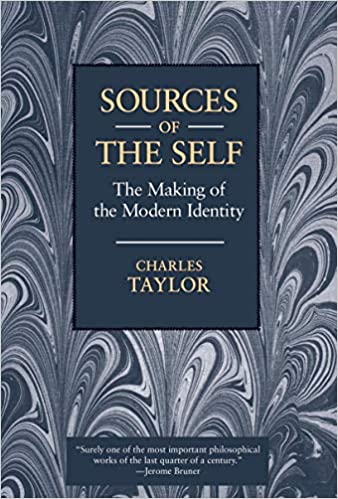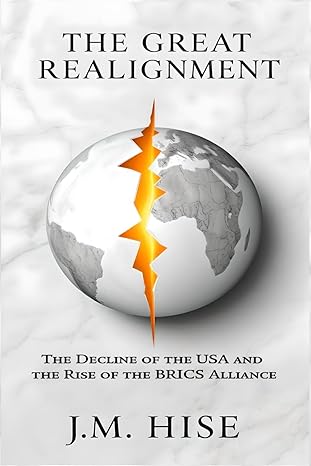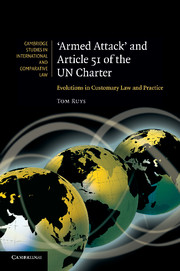In this extensive inquiry into the sources of modern selfhood, Charles Taylor demonstrates just how rich and precious those resources are. The modern turn to subjectivity, with its attendant rejection of an objective order of reason, has led—it seems to many—to mere subjectivism at the mildest and to sheer nihilism at the worst. Many critics believe that the modern order has no moral backbone and has proved corrosive to all that might foster human good. Taylor rejects this view. He argues that, properly understood, our modern notion of the self provides a framework that more than compensates for the abandonment of substantive notions of rationality.
The major insight of Sources of the Self is that modern subjectivity, in all its epistemological, aesthetic, and political ramifications, has its roots in ideas of human good. After first arguing that contemporary philosophers have ignored how self and good connect, the author defines the modern identity by describing its genesis. His effort to uncover and map our moral sources leads to novel interpretations of most of the figures and movements in the modern tradition. Taylor shows that the modern turn inward is not disastrous but is in fact the result of our long efforts to define and reach the good. At the heart of this definition he finds what he calls the affirmation of ordinary life, a value which has decisively if not completely replaced an older conception of reason as connected to a hierarchy based on birth and wealth. In telling the story of a revolution whose proponents have been Augustine, Montaigne, Luther, and a host of others, Taylor’s goal is in part to make sure we do not lose sight of their goal and endanger all that has been achieved. Sources of the Self provides a decisive defense of the modern order and a sharp rebuff to its critics.
چکیده فارسی
در این تحقیق گسترده درباره منابع خودخواهی مدرن، چارلز تیلور نشان میدهد که این منابع چقدر غنی و ارزشمند هستند. چرخش مدرن به سوبژکتیویته، همراه با رد نظم عینی عقل، - به نظر بسیاری - به ذهنیت گرایی صرف در ملایم ترین و به نیهیلیسم محض در بدترین حالت منجر شده است. بسیاری از منتقدان بر این باورند که نظم مدرن هیچ ستون فقرات اخلاقی ندارد و ثابت شده است که برای همه چیزهایی که ممکن است خیر بشر را تقویت کند، خورنده است. تیلور این دیدگاه را رد می کند. او استدلال میکند که با درک درست، مفهوم مدرن ما از خود چارچوبی را فراهم میکند که بیش از آن، انصراف مفاهیم ماهوی از عقلانیت را جبران میکند.
بینش اصلی منابع خود این است که ذهنیت مدرن، در همه پیامدهای معرفتی، زیباییشناختی و سیاسی آن، ریشه در ایدههای خیر انسانی دارد. نویسنده پس از اولین استدلال که فیلسوفان معاصر نحوه ارتباط خود و خوبی را نادیده گرفته اند، هویت مدرن را با توصیف پیدایش آن تعریف می کند. تلاش او برای کشف و ترسیم منابع اخلاقی ما منجر به تفسیرهای بدیع از بیشتر شخصیت ها و جنبش های سنت مدرن می شود. تیلور نشان میدهد که چرخش مدرن به درون فاجعهبار نیست، بلکه در واقع نتیجه تلاشهای طولانی ما برای تعریف و رسیدن به خیر است. در قلب این تعریف، او چیزی را مییابد که او آن را تأیید زندگی عادی مینامد، ارزشی که بهطور قطعی اگر کاملاً جایگزین تصور قدیمیتر از عقل به عنوان مرتبط با سلسله مراتبی مبتنی بر تولد و ثروت شده است. هدف تیلور در بیان داستان انقلابی که طرفداران آن آگوستین، مونتن، لوتر و تعدادی دیگر بودهاند، تا حدی این است که مطمئن شود ما هدف آنها را از دست ندهیم و همه چیزهایی را که به دست آمدهاند به خطر نیندازیم. Sources of the Self دفاع قاطعی از نظم مدرن و رد شدید منتقدان آن ارائه میکند.
ادامه ...
بستن ...
ISBN-13: 978-0674824263
ISBN-10: 0674824261
ادامه ...
بستن ...










